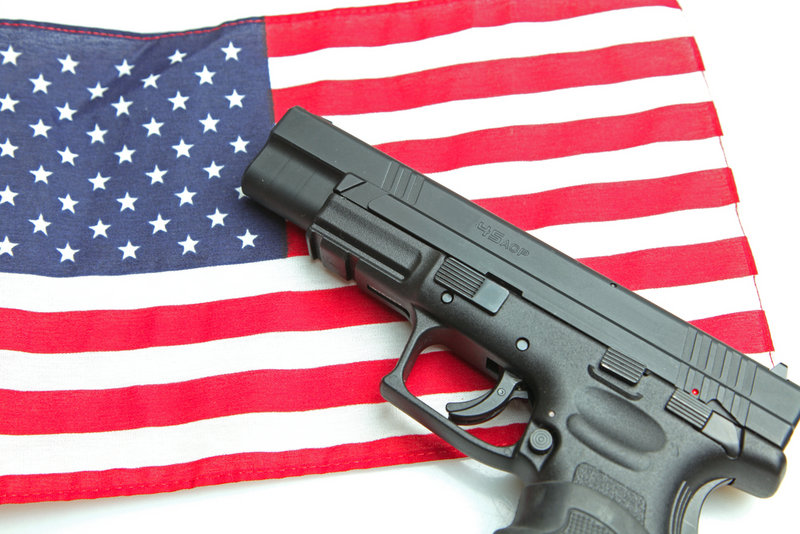The defeat Wednesday of a moderate Senate proposal to expand background checks for gun purchases raises these questions: Who are our lawmakers actually working for? And why don’t our lawmakers hear us?
The compromise measure — co-sponsored by pro-gun rights Sens. Joe Manchin III, D-W.Va., and Patrick Toomey, R-Pa. — explicitly addressed gun owners’ concerns about infringements on their rights. Moreover, the background-check deal came to the table with the support of 86 percent of Americans.
But four months after 20 children and six adults were shot to death at a school in Newtown, Conn., expanded background checks succumbed to the same factors that have doomed earlier gun-control bills: the clout of the National Rifle Association, the strength of lawmakers’ fears for their re-election prospects — and gun-control advocates’ inability to drive home the message that the majority of the public favors common-sense gun controls.
An NRA campaign drove gun-rights backers to speak out early and often against Manchin-Toomey. Their message obviously reached the Senate: Forty-two Republicans and four Democrats voted against the proposal.
Manchin-Toomey would have required background checks for almost all gun sales, not only those involving licensed dealers.
The proposal included language specifically barring the creation of a national gun registry. One particularly vocal critic, Sen. Ted Cruz, R-Texas, even admitted as much, only to follow this concession to fact with the bizarre warning that the approval of Manchin-Toomey would have motivated gun-control backers to push for a registry.
In fact, federal law already bars the government from creating a gun registry. The registry ban is part of the Brady Act, the law that instituted federal background checks for gun sales carried out by licensed dealers.
The Brady Act was named for Jim Brady, a former aide to President Reagan who was shot during an attempt on the president’s life. Though the Brady Act survived the NRA’s efforts to defeat it, the gun-control advocacy group renamed for Brady and his wife hasn’t been able to make its voice heard over that of its rival.
We don’t know why gun-control advocates don’t donate as much money to the Brady Campaign to Prevent Gun Violence, the nation’s largest gun-control organization, as gun-rights advocates give to the NRA. But the numbers speak for themselves.
The NRA spent nearly $3 million on federal lobbying in 2012 and gave more than $1 million to federal candidates in that election cycle. It could afford to — in 2010, the most recent year available, its revenue totaled $228 million.
The Brady Campaign, by contrast, spent $40,000 on lobbying in 2012 and gave $4,018 to federal candidates during that election cycle. In 2010, the group took in $2.9 million in revenue.
And it’s not just a matter of money: The NRA had 125,000 volunteers in 2010, while the Brady Campaign had just 500. Whether gun-control supporters are as loyal a voting bloc as gun-rights supporters is also an issue.
After the next Newtown, the same people will make the same arguments for and against expanding gun controls. But unless gun-control advocates are able to back up their words with money and with action to the same extent that gun-rights advocates have, they shouldn’t expect the fate of the next gun-control bill to be any different from what they saw Wednesday.
Send questions/comments to the editors.



Success. Please wait for the page to reload. If the page does not reload within 5 seconds, please refresh the page.
Enter your email and password to access comments.
Hi, to comment on stories you must . This profile is in addition to your subscription and website login.
Already have a commenting profile? .
Invalid username/password.
Please check your email to confirm and complete your registration.
Only subscribers are eligible to post comments. Please subscribe or login first for digital access. Here’s why.
Use the form below to reset your password. When you've submitted your account email, we will send an email with a reset code.